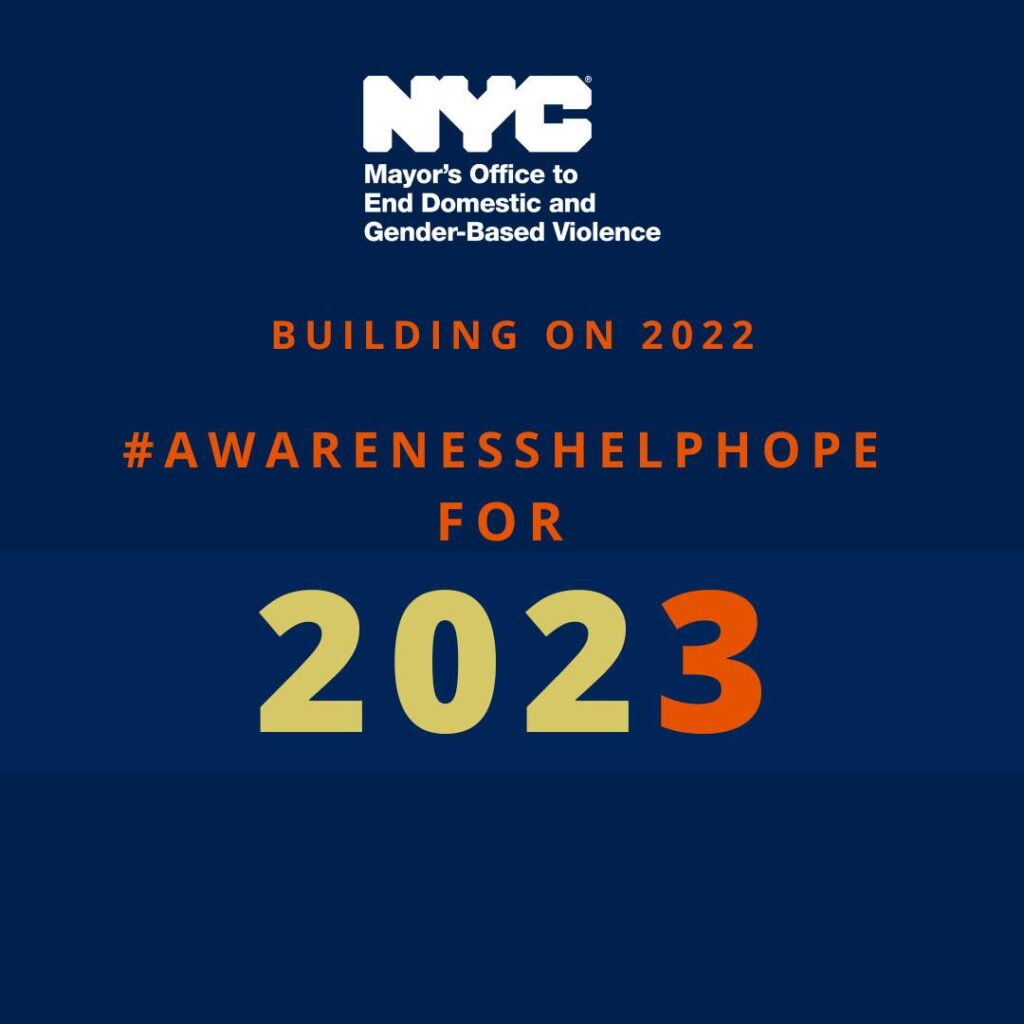New York City’s Trailblazing Legislation on Brain Injuries in Domestic Violence Survivors
Unveiling the Overlooked Consequences of Brain Trauma in Domestic Abuse
Traumatic brain injuries (TBIs) resulting from domestic violence often remain undetected, despite their profound and lasting impact on survivors’ mental and physical well-being. Symptoms such as persistent headaches, memory lapses, and emotional instability are frequently misinterpreted as solely psychological distress, overshadowing the neurological damage inflicted. This oversight hampers survivors’ access to appropriate medical care and legal protections, complicating their recovery and reintegration into daily life.
Research indicates that nearly 60% of domestic violence survivors experience some form of brain injury, yet many go unrecognized due to insufficient screening protocols. The consequences extend beyond immediate health, affecting survivors’ employment, social relationships, and overall quality of life.
Addressing these challenges requires systemic reforms, including:
- Routine brain injury assessments integrated into domestic violence support services
- Specialized training for healthcare workers and law enforcement to detect subtle signs of TBI
- Investment in rehabilitation programs tailored to the unique needs of trauma-induced brain injuries
| Domain Affected | Typical Symptoms | Suggested Intervention |
|---|---|---|
| Cognitive Abilities | Difficulty concentrating, memory deficits | Comprehensive neuropsychological evaluation |
| Emotional Stability | Anxiety, irritability, mood fluctuations | Psychological counseling and psychiatric care |
| Physical Well-being | Dizziness, chronic headaches | Neurological examinations and symptom management |
How NYC’s New Law Bridges Critical Gaps in Survivor Care
New York City has set a precedent by enacting legislation that mandates systematic screening for brain injuries among domestic violence survivors. This law ensures that victims receive thorough medical assessments and access to specialized rehabilitation services, addressing a previously neglected aspect of survivor care. By fostering collaboration between healthcare providers, social services, and legal advocates, the legislation promotes a holistic approach to recovery.
Key features of the law include:
- Compulsory TBI screening: All domestic violence support agencies must incorporate brain injury evaluations during intake and follow-up.
- Interdisciplinary coordination: Enhanced communication between medical, social, and legal professionals to streamline survivor support.
- Ongoing professional development: Training programs designed to increase awareness of brain injury symptoms among frontline workers.
| Support Aspect | Before Legislation | After Legislation |
|---|---|---|
| Brain Injury Detection | Rare and inconsistent | Systematic and mandatory |
| Medical Referrals | Fragmented and irregular | Standardized and timely |
| Staff Awareness | Limited knowledge | Comprehensive and continuous training |
Healthcare Professionals: Frontline Advocates in Brain Injury Recognition
Medical practitioners play a vital role in uncovering the often concealed effects of brain trauma in abuse survivors. Their expertise in identifying subtle cognitive and physical symptoms can lead to early diagnosis and intervention, significantly improving recovery trajectories. Adopting a trauma-informed care model is essential, creating a supportive environment where survivors feel safe to disclose abuse without fear of stigma or retaliation.
Healthcare providers’ essential duties include:
- Implementing standardized brain injury screening during patient evaluations
- Accurately documenting clinical findings to aid legal and social service processes
- Coordinating multidisciplinary care plans addressing both neurological and psychological needs
- Engaging in continuous education on emerging brain injury research and treatment options
- Promptly reporting suspected abuse in compliance with legal requirements
| Symptom | Medical Action | Reporting Protocol |
|---|---|---|
| Memory impairment or confusion | Neurocognitive assessments | Flag for abuse investigation |
| Loss of consciousness | Urgent neuroimaging (CT/MRI) | Immediate mandatory reporting |
| Chronic headaches | Symptom management and monitoring | Document and evaluate for abuse patterns |
Scaling the Initiative: Toward a Nationwide Framework
Expanding New York City’s innovative approach to a national level requires coordinated efforts among policymakers, healthcare systems, and community organizations. Embedding trauma-informed practices across law enforcement, medical, and social service sectors is critical to ensuring consistent identification and support for survivors of domestic violence-related brain injuries.
Essential elements for national implementation include:
- Uniform brain injury screening standards across all domestic violence programs
- Dedicated funding to enhance survivor services and professional training initiatives
- Robust data collection systems to monitor outcomes and inform policy adjustments
- Public education campaigns to raise awareness and reduce stigma surrounding brain injuries
| Initiative | National Impact | Projected Annual Cost |
|---|---|---|
| Training for Mandatory Screening | Enhanced early detection rates | $6 million |
| Funding Survivor Support Centers | Expanded access to comprehensive care | $30 million |
| Upgrading Data Infrastructure | Evidence-based policy development | $10 million (one-time) |
| Community Engagement Programs | Greater survivor outreach and empowerment | $15 million |
Conclusion: A Call to Action for Nationwide Reform
New York City’s pioneering legislation addressing brain injuries in domestic violence survivors represents a vital step forward in victim advocacy and healthcare. By acknowledging the neurological consequences of abuse, this law not only improves survivor outcomes but also sets a transformative example for other jurisdictions. As domestic violence continues to affect millions across the United States, adopting similar policies nationwide is imperative to ensure survivors receive the comprehensive care and justice they deserve. Policymakers and stakeholders must seize this opportunity to embed brain injury awareness and resources into all facets of domestic violence intervention.













